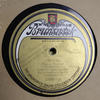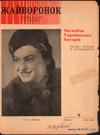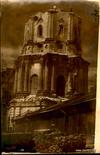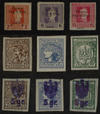Archives depend critically on context. A seemingly insignificant or meaningless piece of paper can take on huge significance if we understand the circumstances and factors that led to its creation, and this Stories from Storage episode is about a great example of that.














